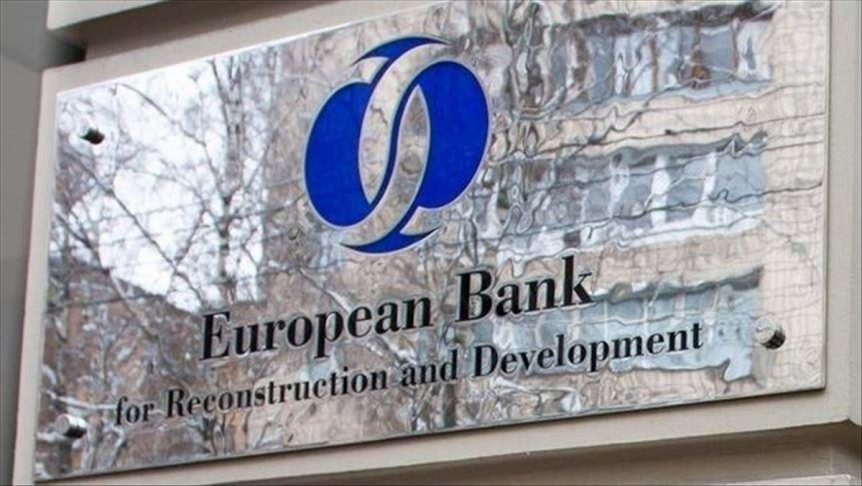The Cairo Institute for Human Rights Studies (CIHRS) issued a detailed commentary on the European Bank for Reconstruction and Development (EBRD)’s draft country strategy for Egypt and the annexed Political Assessment, submitted to the Bank in December after they circulated the drafts for public commentary.
Almost a year after initiating work on its next country strategy for Egypt, it remains unclear whether the EBRD will decide to change its approach and implement its “more for more, less for less” principle toward Egypt.
The EBRD stands out from other international development banks due to its political mandate: it is supposed to lend only to those of its recipient member countries which are “committed to and applying the principles of multiparty democracy, pluralism and market economics” or at least are transitioning in that direction. Egypt is a military dictatorship, with the military in charge of its market economy, yet it has been the biggest or second-biggest recipient of EBRD loans worldwide in the past three years, with Turkey in first or second place of late.
“Egypt has received over eight billion euros in cumulative EBRD investment over the past decade, while going through a dramatic regression in terms of fundamental rights and democratic governance. So far, it’s hard to tell whether the Bank will change its approach and how, based on their draft Strategy and Political Assessment. The EBRD’s 2021 evaluation of Egypt’s trajectory should lead to the Bank changing course and pressuring Egypt to undertake meaningful reforms to improve transparency, accountability and democratic governance, to end corruption, and to lessen the military’s grip on the economy. The Bank should know that Egypt’s trajectory is not sustainable, so disregarding the EBRD’s principles and political mandate would equate to pushing Egypt further toward instability and chaos,” said Leslie Piquemal, Senior EU Advocacy Representative of the Cairo Institute for Human Rights Studies.
The draft strategy document recognizes concerns raised by “relevant international organizations” about “Egypt’s commitment to and application of the [Article 1] political principles”, and that civil society organizations have raised a number of human rights, rule of law and economic issues in their dialogue with the Bank. It diplomatically acknowledges that major governance problems exist in Egypt and connects them to the economic weight of State-owned enterprises, hinting at the role of military-controlled firms. While this is encouraging, it remains fundamentally unclear what—if any—special measures the Bank will take to address and mitigate these issues within its future operations in Egypt.
The annexed draft Political Assessment, based on Article 1 criteria, is more carefully written than that prepared for the previous Bank strategy for Egypt; it shows better consideration of key issues highlighted by United Nations experts and civil society about the severity of Egypt’s situation. Yet it overlooks certain facts entirely, including some as major as Egypt’s unfree and unfair 2018 presidential election. It relies excessively on reference to the text of Egypt’s Constitution while, at times, overlooking State legislation and practice violating the referenced constitutional norms and rights guarantees. Some sections include critical references from the UN or civil society juxtaposed with Egyptian government rebuttals, leaving the reader with an impression of negotiation but no clarity on how the Bank evaluates Egypt’s situation according to the relevant criteria.
Overall, the draft strategy text itself does not substantively reflect the very serious issues mentioned in the Political Assessment regarding human rights, democracy and rule of law problems in Egypt. Hence, it is unclear what influence the Assessment will have on the orientation and volume of future EBRD operations, or which policy options the Bank will use to address the considerable risks involved with Egypt’s high and growing degree of non-compliance. The Bank’s decision on such a major country of operations will be an important signal about the seriousness of its commitment to its political character, and its ability to adopt a truly constructive strategy for Egypt’s stability and sustainable development. Continuing business as usual may slightly delay Egypt’s failure, but it would not avert it.
Share this Post

